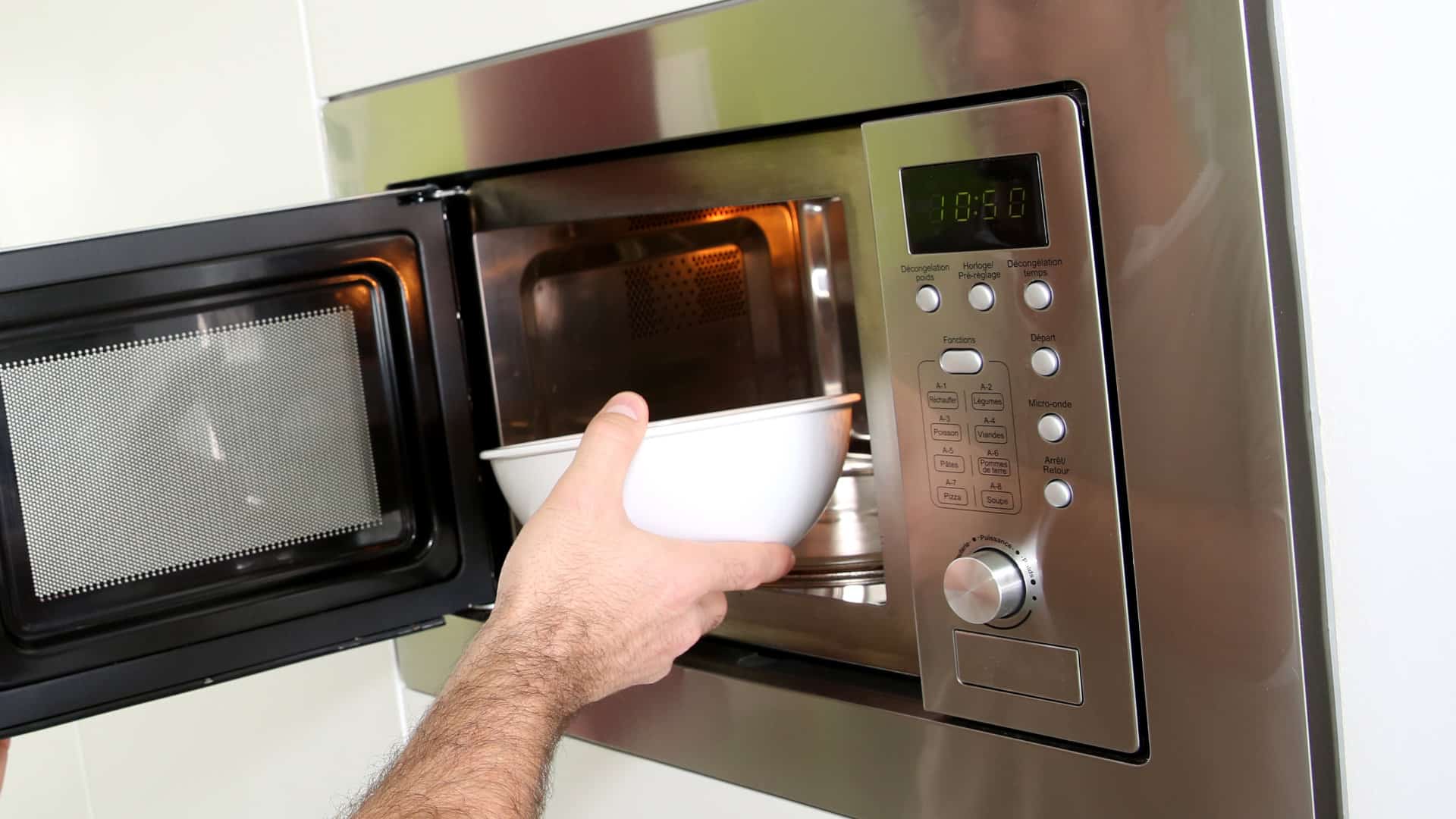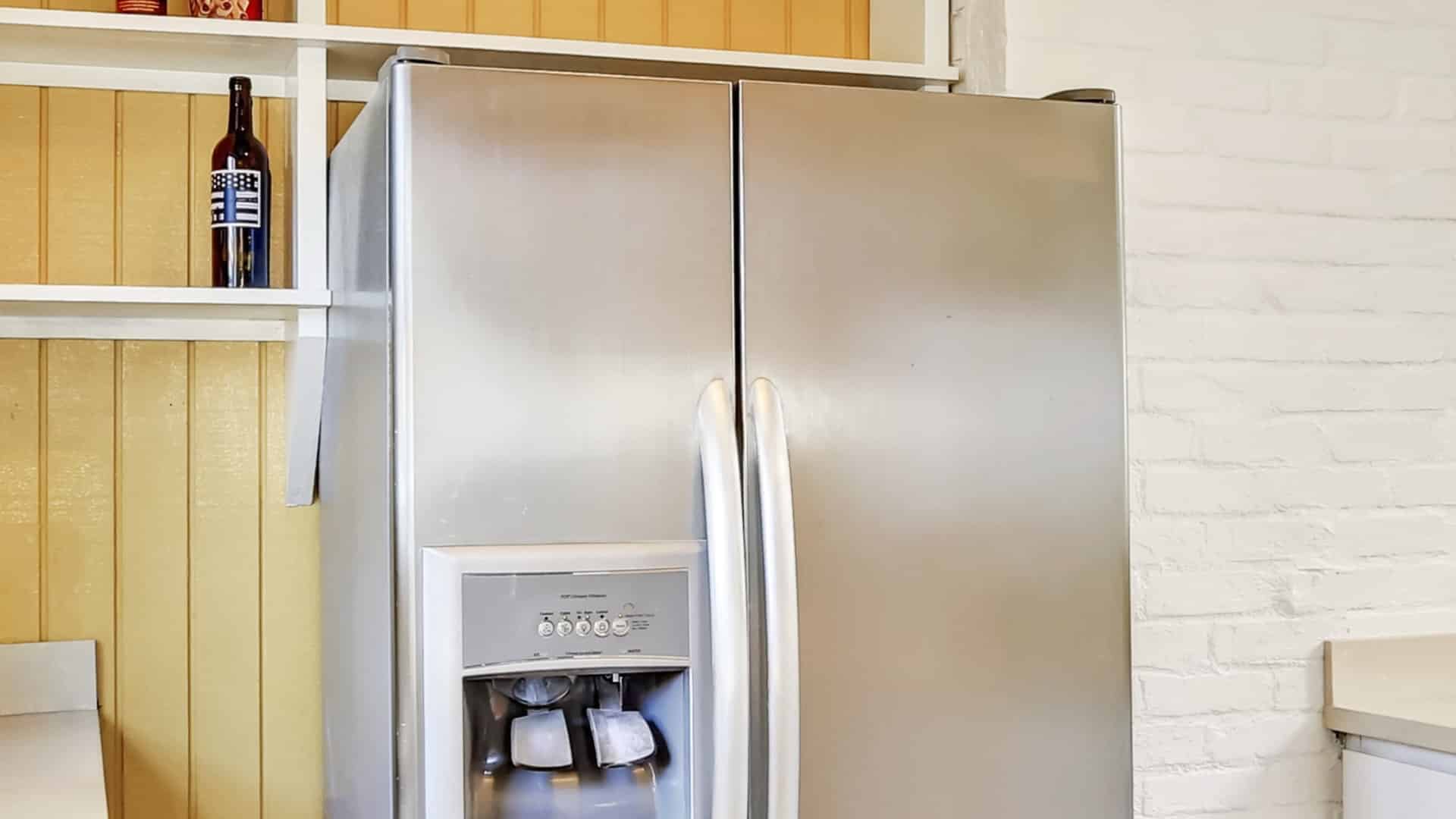
If your refrigerator is making a loud noise, it is likely due to one of the seven reasons we will discuss in this guide. Thankfully, most of these reasons are easy to fix, so you hopefully won’t need a technician to inspect your fridge.
However, you may need to test the condenser fan, evaporator fan, and compressor with a multimeter if a faulty internal component causes the noise. This will require a multimeter and experience in testing and repairing electrical components.
1. Dirty Condenser Coils
The best place to start if your fridge is making noises is to clean the condenser coils. This is especially true if the noise from your fridge is a buzzing sound. If the coils become dirty, they have to work much harder to operate, which can emit a loud buzzing noise from the back of your appliance.
Follow these instructions to check, and if necessary, clean the condenser coils:
- Switch the power off to your fridge.
- Gently pull your fridge out from the wall.
- Locate and remove the cover from the coils.
- If the coils are frosted over, leave the power off and let them defrost before wiping away any excess water. If the coils are dirty, clean them with a damp cloth.
- Once the coils are clean, switch the power back on and check if the noise has stopped. If the noise persists, make sure the refrigerator is sitting level (see instructions below).
2. The Refrigerator Is Not Sitting Level
Another common reason a refrigerator makes a buzzing or vibrating noise is when the appliance isn’t sitting level on the floor. This is because your fridge is not properly balanced, which can shake various components.
Follow these instructions to ensure your refrigerator is sitting level:
- Place a bubble level on top of your refrigerator.
- If the bubble level shows the fridge isn’t sitting level, you can adjust the legs until it is. If the bubble level shows the refrigerator is sitting level, you can check out the next reason on our list.
- Once the fridge legs have been adjusted to make it level, check if the noise has stopped. If the noise hasn’t stopped, check out the next reason on our list.
3. The Ice Maker Water Isn’t Turned On
If your refrigerator has an ice maker, it will have a water hose. If the hose isn’t turned on, a rattling noise can develop in your ice maker unit. To ensure the ice maker water supply is flowing, locate the water valve and make sure it is switched on. If not, turn it on and check if the noise has stopped. If not, check out the next reason on our list.
4. The Drain Pan Is Rattling
Another reason your refrigerator makes noise is a loose or damaged drain pan. The drain pan is located at the bottom of your fridge and collects water that drains out. If the water in the pan freezes, it can cause a crack in the pan or make it loose. When this happens, a rattling noise will develop.
Follow these instructions to check the drain pan:
- Locate the drain pan.
- Check for any damage or if it is full of ice.
- If cracked or damaged, replace the pan. If the drain pan is full of ice, remove the ice. If the pan isn’t damaged or full of ice, check out the next reason on our list.
- Once the pan is repaired or replaced, check if the noise has stopped. If not, check out the next reason on our list.
5. Faulty Condenser Fan
The condenser fan helps keep the condenser coils cool and spreads cold air throughout the appliance so it can stay at the correct temperature. If the condenser fan becomes defective, you might hear a grinding or knocking noise from your appliance.
Follow these instructions to check if the condenser fan is the reason why your refrigerator is making noises:
- First, make sure the power is switched off.
- Next, locate the evaporator fan (it can be found at the back of the refrigerator).
- Remove the cover of the condenser fan.
- Try rotating the condenser fan in a complete 360-degree motion. If anything is blocking the fan’s movement, remove it. If the fan has ice buildup, let it defrost thoroughly before turning the refrigerator back on.
- If the condenser fan cannot be repaired, it will need to be replaced with a new one. You can do this yourself, or if you’re not experienced working with electrical components, you will need to get a technician to do it for you.
- If the fan rotates freely without obstructions, you can use a multimeter to check the fan motor’s continuity. If the motor is found to be faulty, the entire condenser fan unit will need to be replaced. If the fan motor isn’t faulty, check out the next reason on our list. If you don’t have a multimeter, consider contacting a technician to perform the test for you.
- After repairing or replacing the condenser fan, the final step is to test for any noise. If the noise persists, it’s best to call a technician to inspect your appliance.
6. Faulty Evaporator Fan
The evaporator fan helps spread cold air throughout the appliance so it can stay at the correct temperature. If the fan becomes defective, it can cause a grinding or knocking noise to emit from your fridge.
Follow these instructions to check if the evaporator fan is the reason why your refrigerator is making noises:
- First, switch off your refrigerator.
- Next, locate the evaporator fan (it can be found inside the freezer compartment).
- Remove the cover of the evaporator fan.
- Try rotating the evaporator fan in a complete 360-degree motion. If anything is blocking the fan’s movement, remove it. In case there’s ice buildup on the fan, allow it to defrost completely before turning the refrigerator back on.
- If the evaporator fan cannot be repaired, it will need to be replaced with a new one. You can do this yourself, or if you’re not experienced working with electrical components, you will need to get a technician to do it for you.
- If the fan rotates freely without any obstructions, you can use a multimeter to check the fan motor’s continuity. If the motor is found to be faulty, the entire evaporator fan unit will need to be replaced. If the fan motor isn’t faulty, check out the next reason on our list. If you don’t have a multimeter, consider contacting a technician to perform the test for you.
- After repairing or replacing the evaporator fan, the final step is to test for any noise. If the noise persists, it’s best to call a technician to inspect your appliance.
7. Faulty Compressor
The compressor is likely the culprit if your refrigerator emits a loud humming noise. The compressor is responsible for circulating refrigerant and generates a humming sound when activated. Some humming is expected, but if the noise becomes noticeably louder, it could indicate a defective compressor.
Repairing a compressor is a complex and potentially dangerous task, so it’s advisable to seek assistance from a qualified technician. Before contacting a technician, you can try a basic reset by turning your fridge off and on. Occasionally, a simple reset can resolve the humming noise.
However, if the noise persists, it’s essential to have a professional inspect your compressor to identify and address any underlying issues.
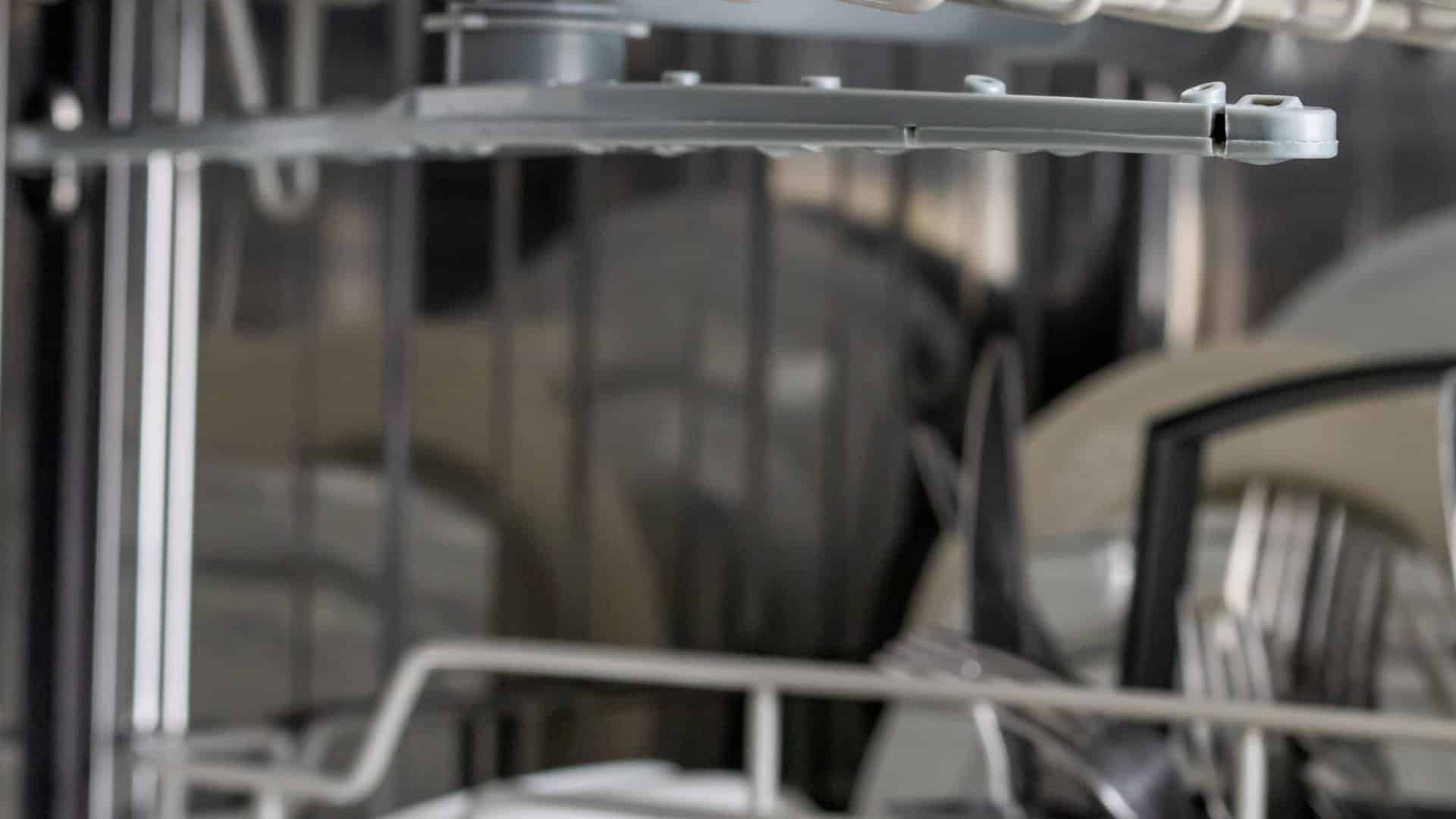
GE Dishwasher With No Power or Lights? Try This Fix
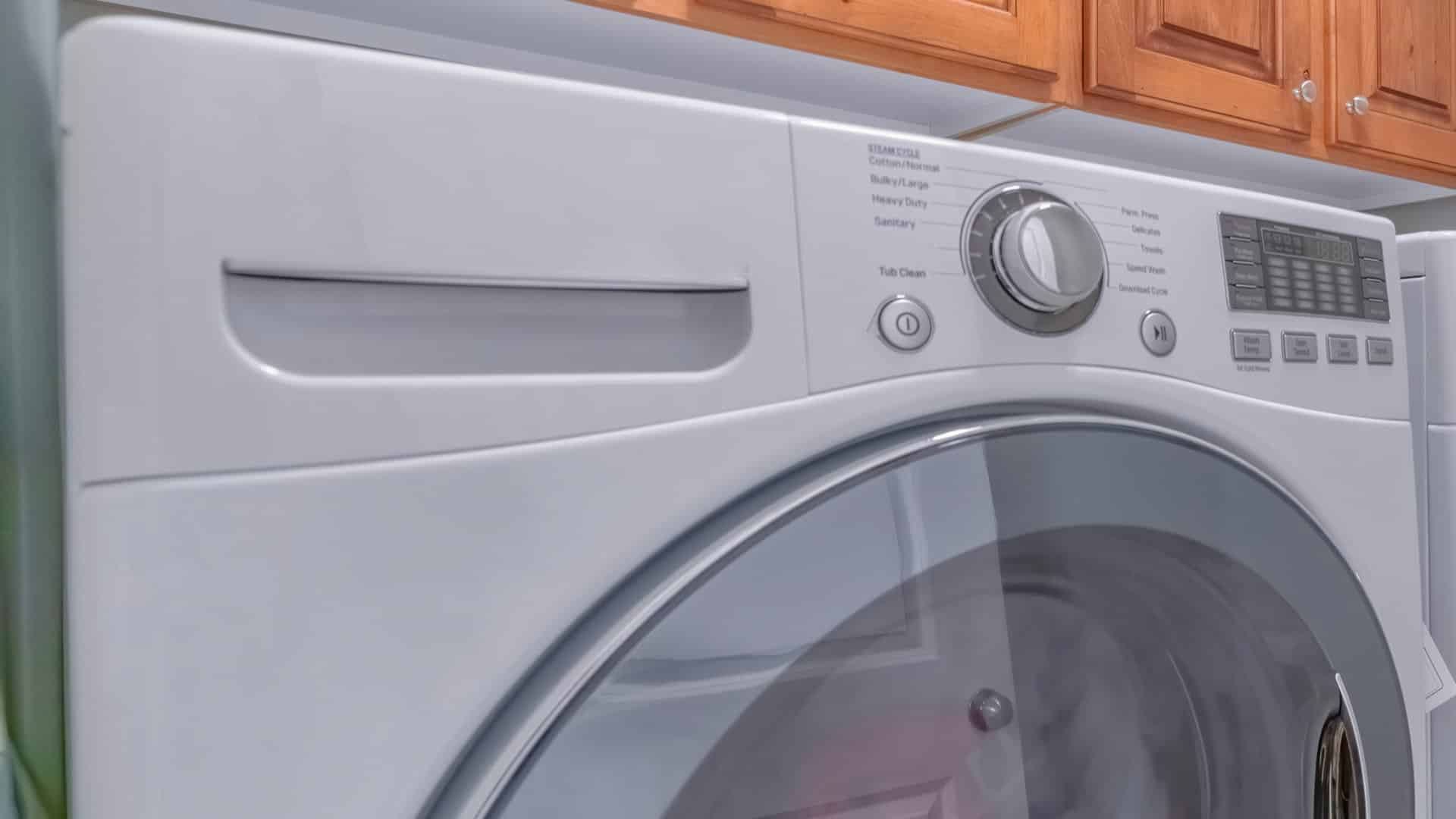
Understanding SC Code on Samsung Washer

Resolving LG Dryer D80 Error Code
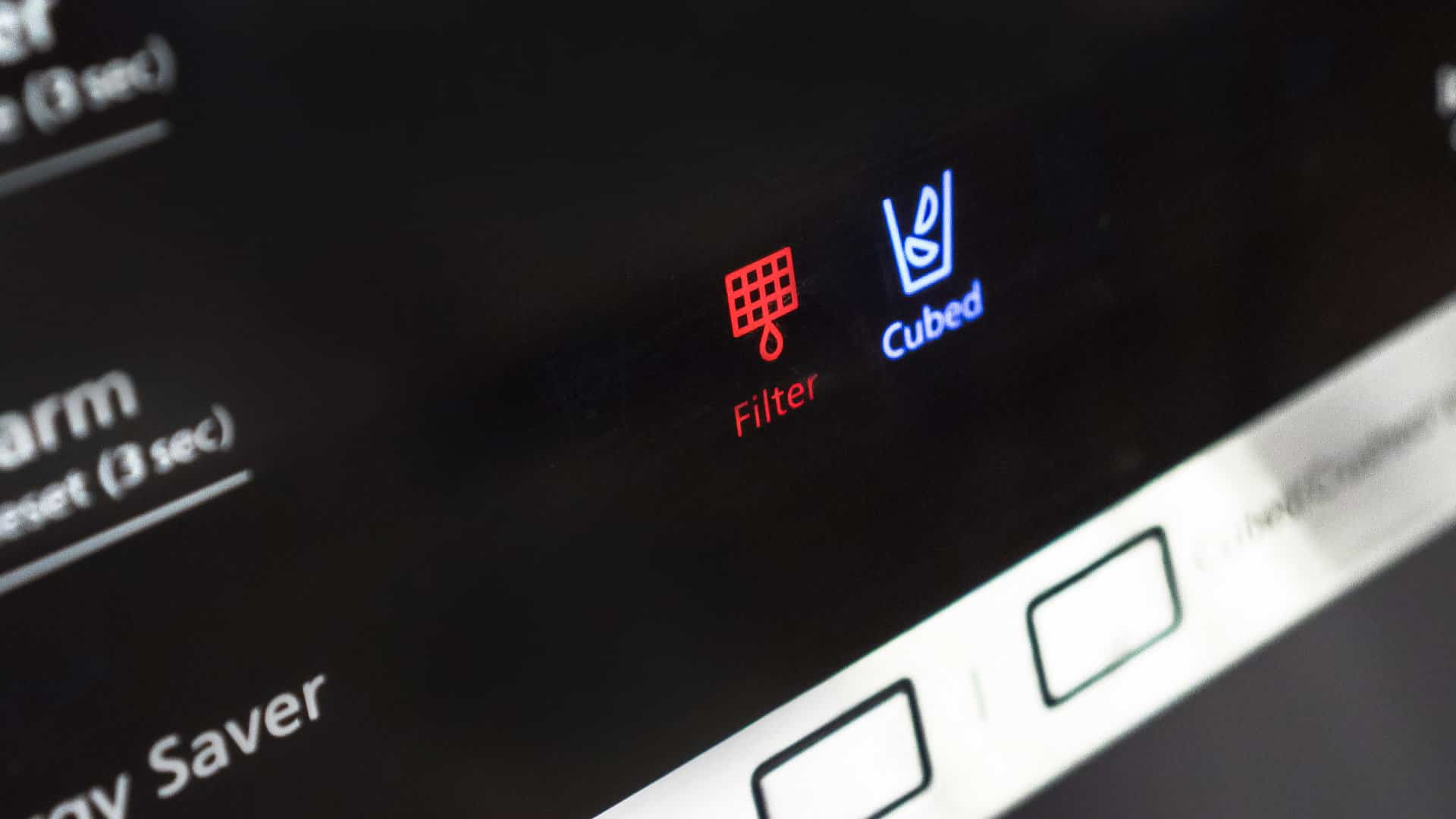
Understanding GE Refrigerator Error Codes: A Guide
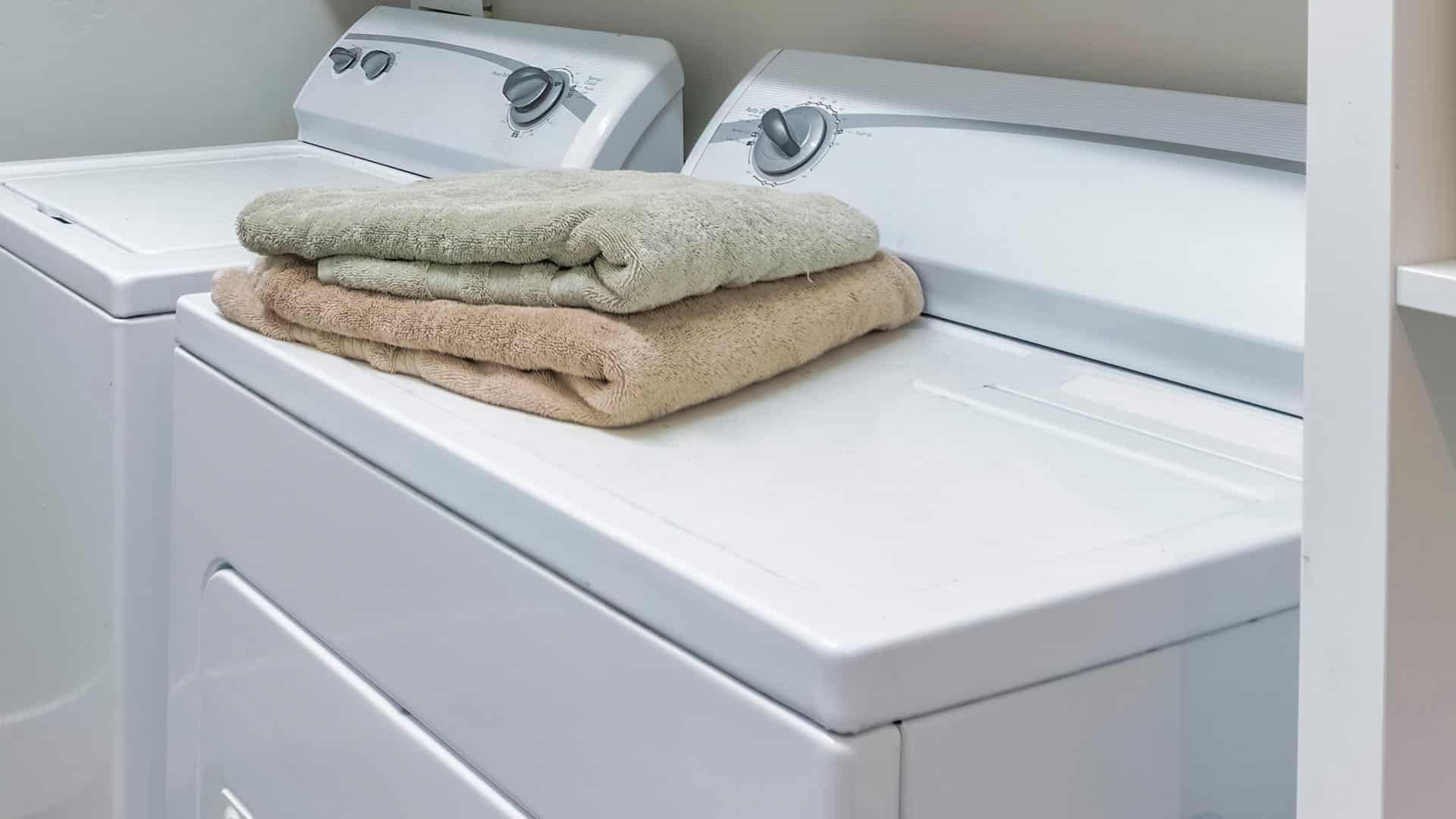
Amana Dryer Not Heating? Try These 5 Fixes
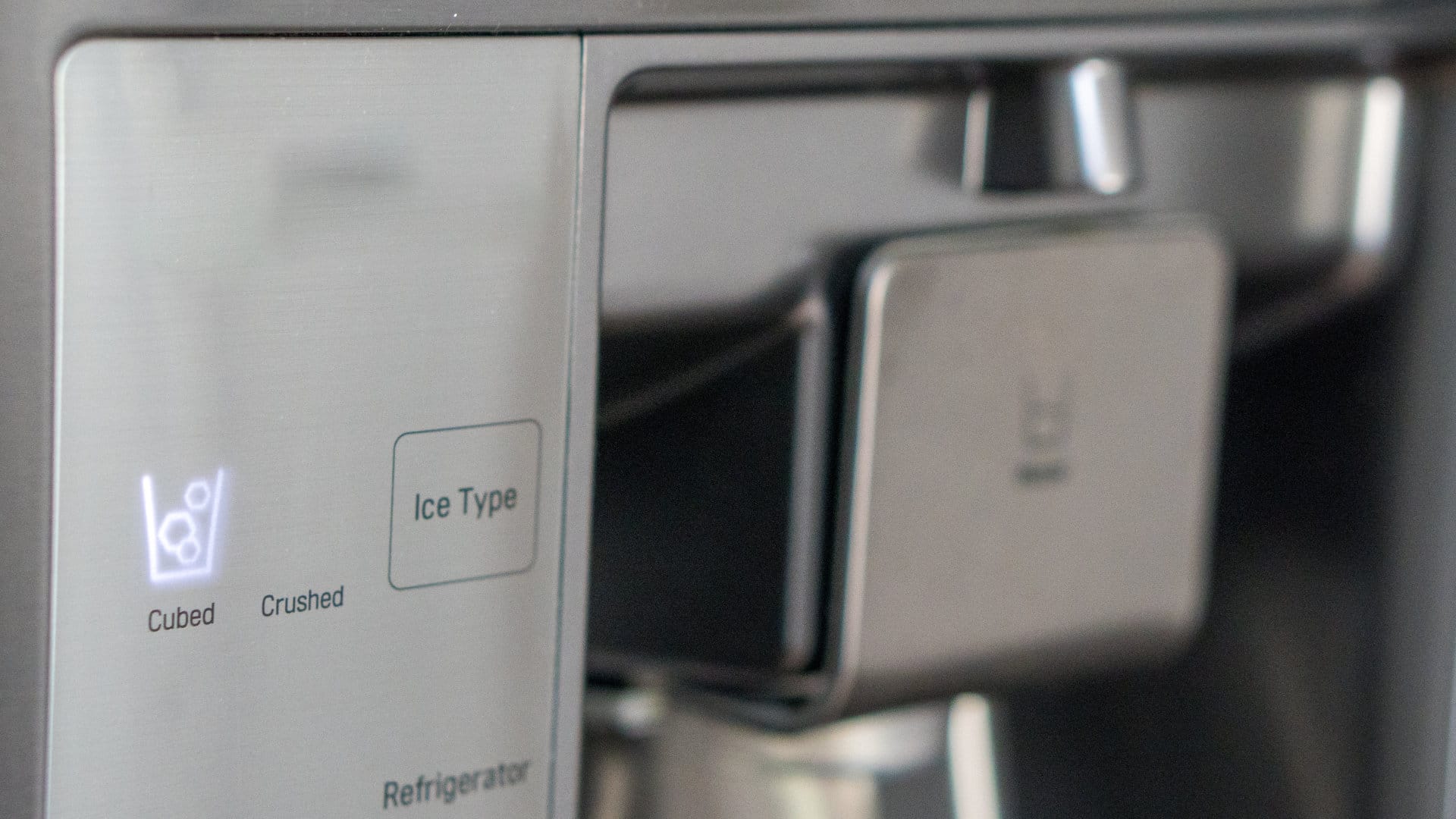
Samsung Ice Maker Issues? Here are 5 Fixes
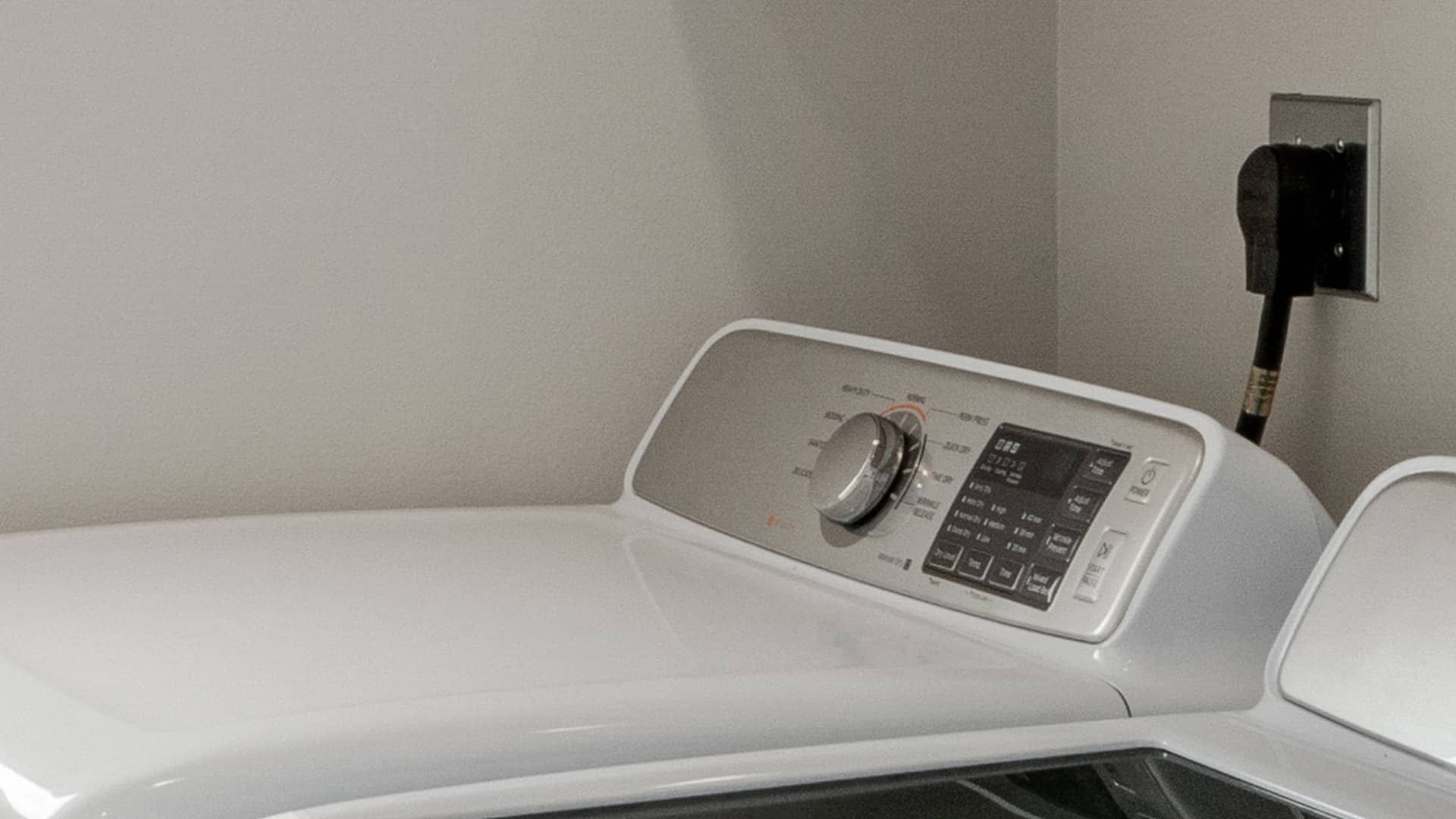
Samsung Dryer Not Heating with No Error Code? Here’s Why
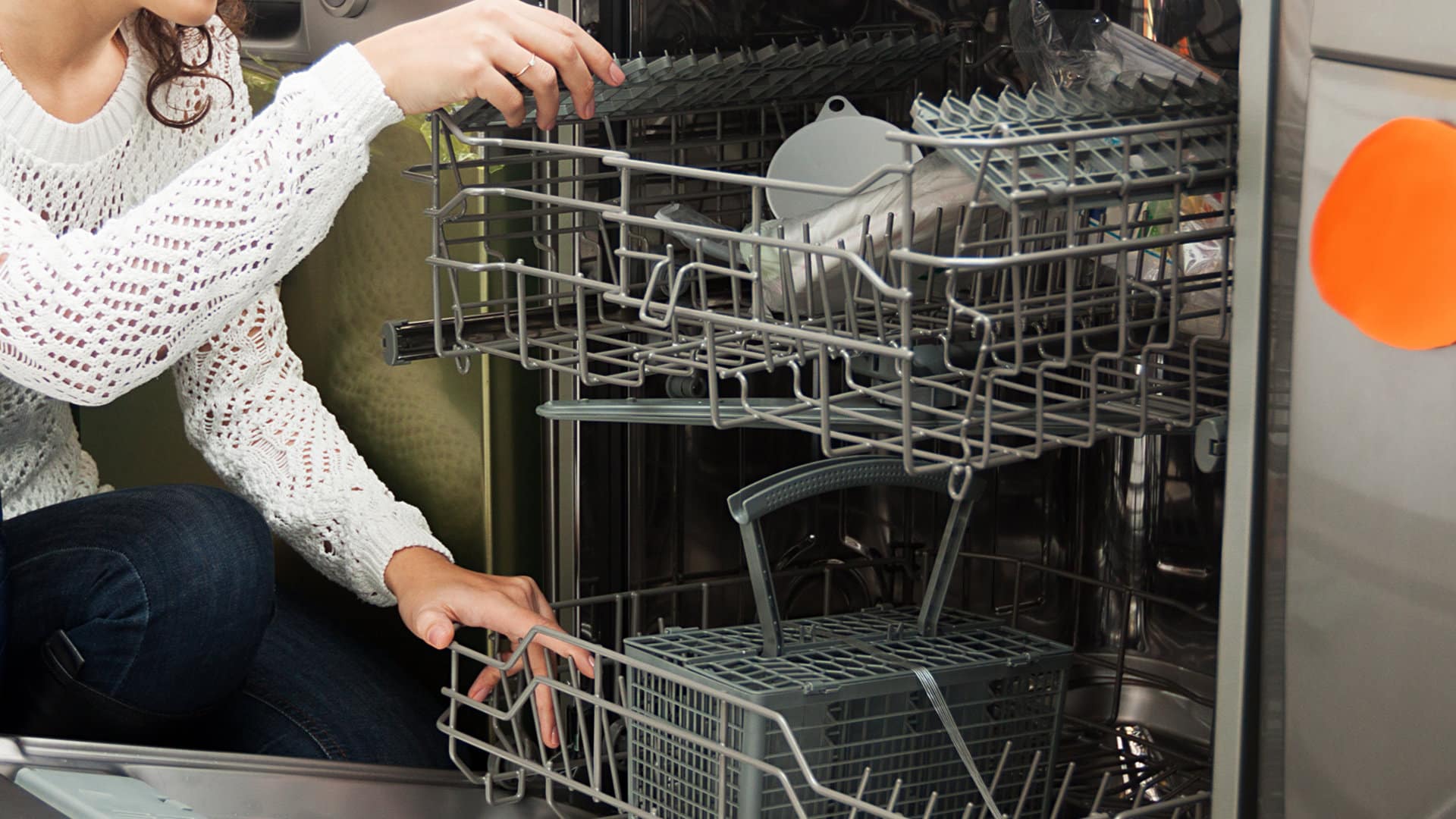
GE Profile Dishwasher Not Draining? Here’s Why
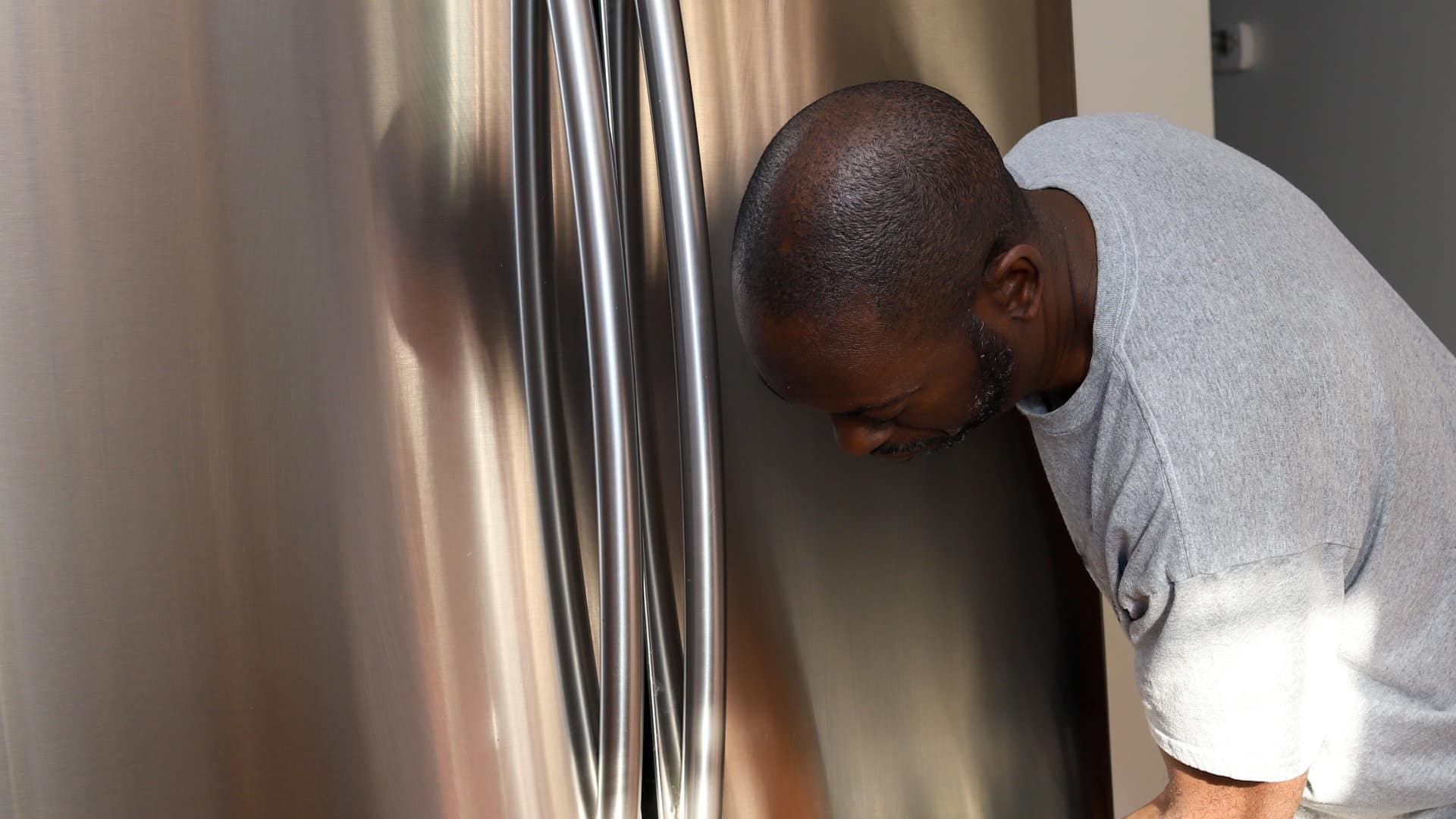
How to Replace the Filter on a Samsung Refrigerator
